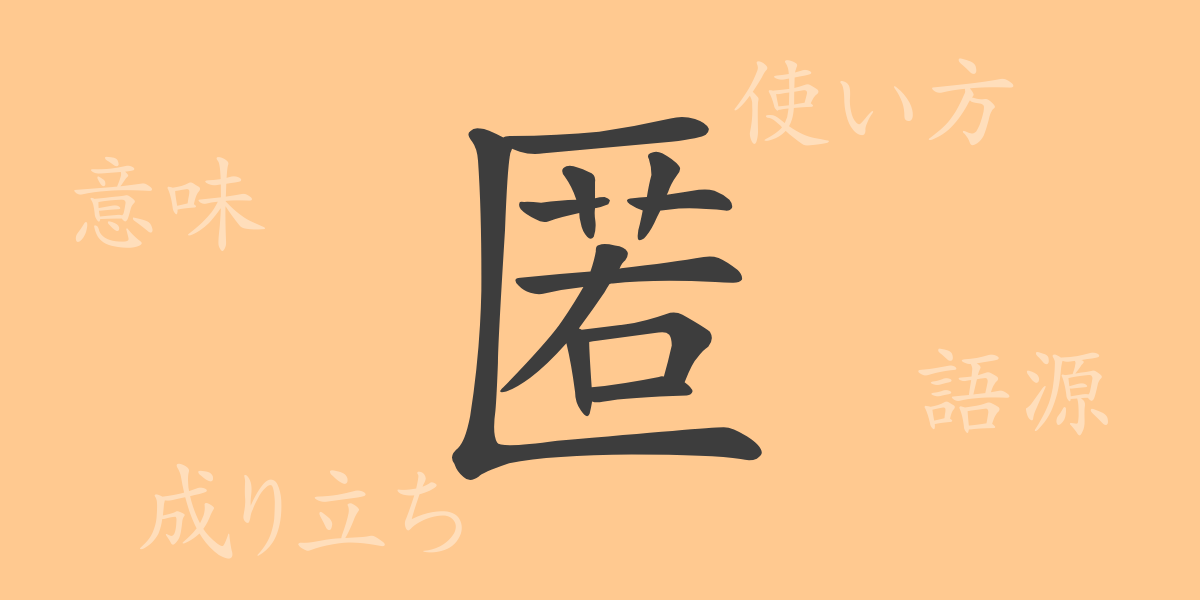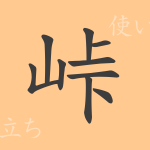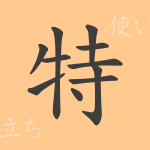Kanji, each with their own rich history and meaning, deeply enrich the Japanese language. One such Kanji, ‘匿 (トク)’, is no exception. In this article, we will delve into the origins, meanings, and usages of ‘匿’, from its formation to its use in modern Japanese, including common phrases and proverbs. Let us guide you through the world of ‘匿’.
Origins of ‘匿 (トク)’
The Kanji ‘匿’ originated from ancient China, symbolizing a person hiding behind furniture. It is a phono-semantic compound character combining ‘匸’, indicating hiding, with ‘若’ for its phonetic component. Initially depicting the act of hiding, ‘匿’ evolved to represent concealment and shelter.
Meaning and Usage of ‘匿 (トク)’
‘匿’ encompasses meanings such as ‘to hide’, ‘to conceal’, and ‘to harbor’. It is also used in legal terms to describe ‘harboring a criminal’. This Kanji is primarily used within compounds, and it is rare to see it used independently.
Readings, Stroke Count, and Radical of ‘匿 (トク)’
The Kanji ‘匿’ has specific readings and structural elements.
- Readings: On’yomi ‘トク’, no common Kun’yomi.
- Stroke Count: ‘匿’ consists of 10 strokes.
- Radical: The radical of ‘匿’ is ‘匸’.
Phrases, Idioms, and Proverbs Using ‘匿 (トク)’
Various idioms and proverbs include ‘匿’, reflecting its meanings and usages. Here are some examples:
- 匿名 (とくめい): Anonymity; hiding one’s name.
- 匿居 (とくきょ): Living in hiding; living secluded from the world.
- 匿伏 (とくふく): Lying low; remaining hidden.
- 匿議 (とくぎ): Discussing in secret.
- 潜匿 (せんとく): Staying out of sight; remaining unseen.
Conclusion on ‘匿 (トク)’
The Kanji ‘匿’ carries a wealth of meanings far beyond its simple appearance. From its basic meanings of hiding or concealing, it extends to protecting individuals or living under a pseudonym, applicable in various contexts. The idioms and phrases involving ‘匿’ vividly express the depth of this Kanji, showcasing the richness of Japanese expression. Understanding the history and meaning embedded in each Kanji, like ‘匿’, is crucial for deepening one’s understanding of the Japanese language. Next time you encounter this Kanji, consider its profound background.

























